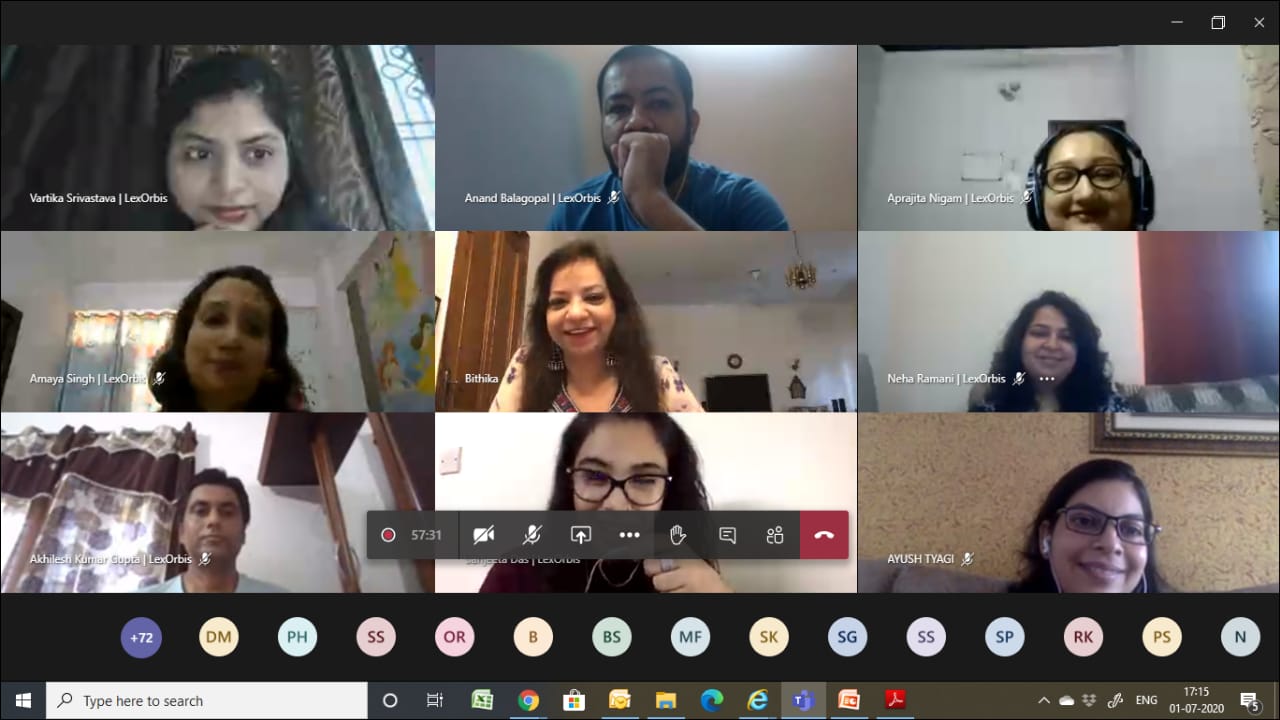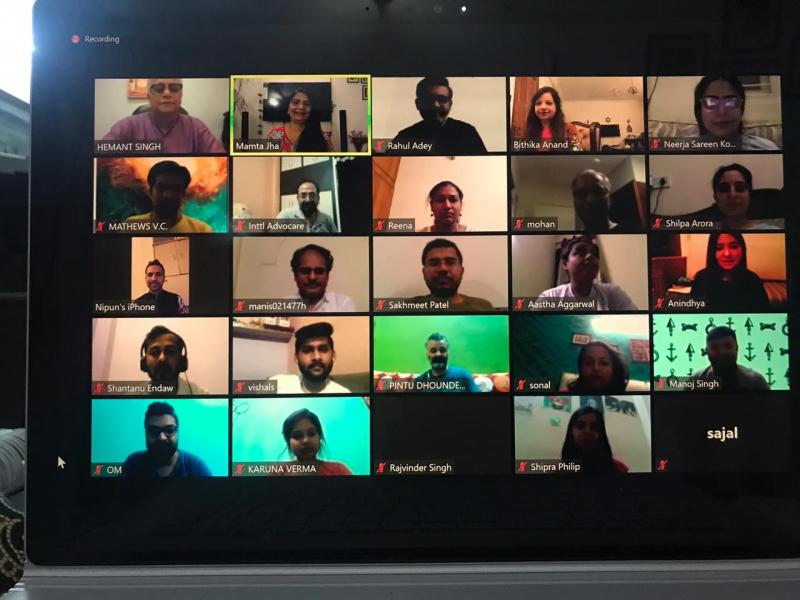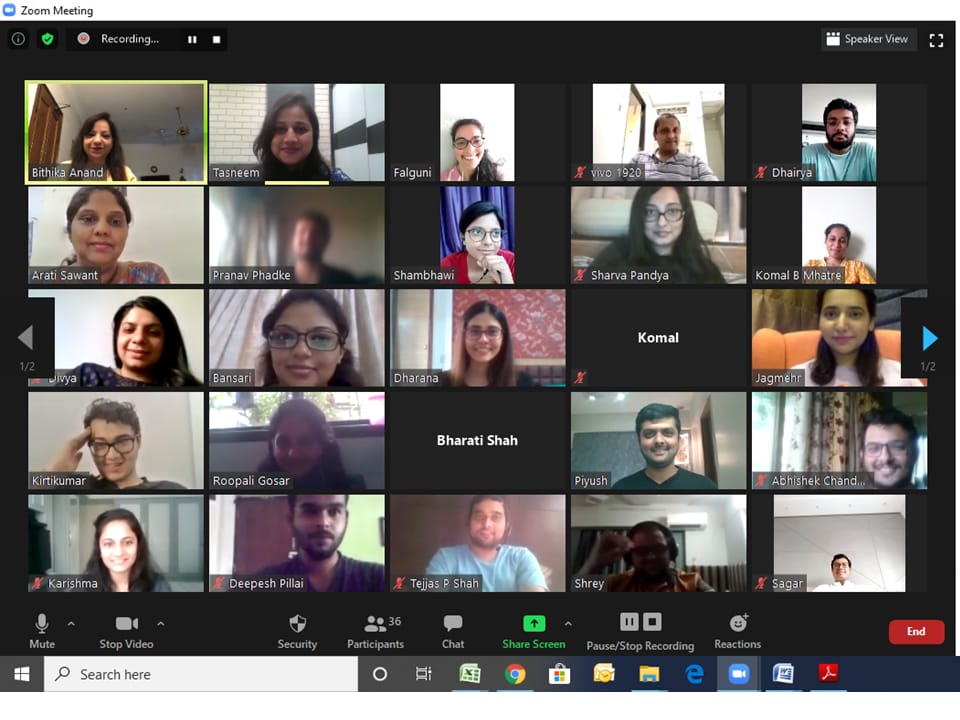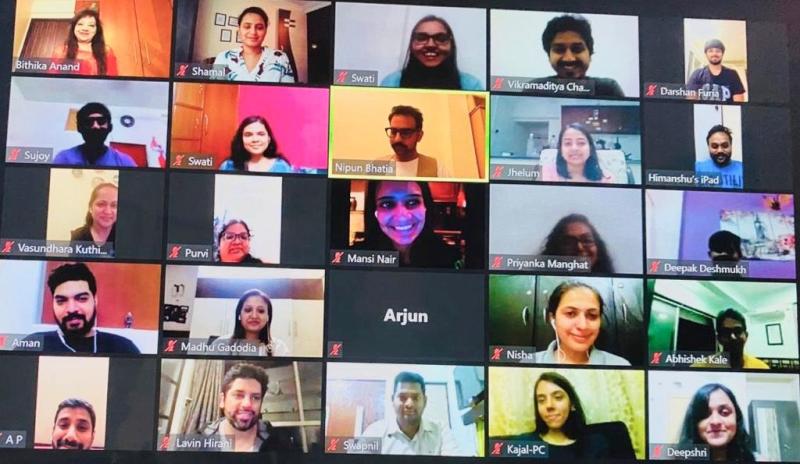A key component of contemporary law firm strategy is the hiring of lateral partners in India, which is driven by the need for immediate client involvement and specialized expertise. Firms must treat the induction as a crucial legal risk management exercise and closely adhere to Indian corporate, contractual, and professional ethics laws in order to successfully carry out legal lateral recruitment and prevent major law firm hiring mistakes.
The Statutory Framework of Legal Lateral Recruitment
The business structure of the company, particularly the Limited Liability Partnership (LLP) Act, 2008 or the Indian Partnership Act, 1932, governs the induction of a lateral partner. The procedure requires exact statutory compliance for professional firms set up as limited liability partnerships (LLPs). Reviewing the current LLP Agreement, securing the current partners’ formal consent, and making sure the new partner receives a Director Identification Number (DIN) or Designated Partner Identification Number (DPIN) are all necessary steps in the induction process.
Within 30 days of the partner’s admission, Form 4 must be filed with the Registrar of Companies (RoC), which is the most critical legal step. Under the LLP Act, 2008 failure to file within the allotted time frame is a statutory violation, and two designated partners are personally liable for this compliance. Additionally, acquiring companies need to confirm that the lateral partner has financially distanced themselves from the prior company. Section 14 of the Indian Partnership Act, 1932, informs capital disputes. It states that any asset contributed by a partner becomes the firm’s property, and the departing partner is only entitled to the monetary value of their share, not exclusive ownership of particular assets.
Restrictive Covenants and the Indian Contract Act, 1872
Restrictive covenants, which are mainly regulated by Section 27 of the Indian Contract Act, 1872 (ICA), are the main contractual vulnerability in legal lateral recruitment. This clause, which states unequivocally that “Every agreement by which anyone is restrained from exercising a lawful profession, trade, or business of any kind, is to that extent void,” serves as the sole legal foundation against agreements pertaining to trade restraint. Indian courts have consistently affirmed that any post-termination non-compete agreement, whether complete or partial, is initially void and unenforceable, upholding a strict and literal interpretation of Section 27. A common law firm hiring mistake is attempting to enforce or depending on a general non-compete agreement against a former partner.
On the other hand, reasonable non-solicitation and confidentiality clauses are usually upheld as long as they are not unduly harsh and are specifically designed to safeguard a legitimate business interest, like proprietary client relationships. A non-solicitation clause, as opposed to a non-compete, may limit an individual’s ability to solicit clients for a specified amount of time after leaving their job, but it does not completely bar them from practicing their profession. The proviso to Section 27, which permits restrictions in the event of the sale of goodwill, must also be taken into account by businesses. The previous firm may have a limited, enforceable right to impose a reasonable restraint if a partner was a true equity partner who received documented consideration for the sale of their goodwill upon exit.
Ethical and Professional Duties (BCI Rules)
The Advocates Act, 1961’s Rules of Professional Conduct, which are upheld by the Bar Council of India (BCI), tightly regulate the induction of a partner who brings professional engagements. These guidelines prioritize the autonomy of the client. It is unethical to include any clause in a contract that restricts a client’s choice of attorney. Informing clients of the change in representation and, more importantly, getting their informed input on the best course of action are both the departing attorney’s and the law firm’s duties of candor. The client’s complete right to choose the departing attorney, the original firm, or new counsel must be made clear in the notification. Additionally, direct or indirect client solicitation or advertising is strictly prohibited by the BCI (Rule 36).
Digital Liabilities and Competition Law
Data misappropriation is a significant legal risk in contemporary legal lateral hiring. Under the Information Technology Act, 2000 (IT Act), there are severe penalties for removing, accessing, or transferring confidential data without authorization. According to Section 43 of the IT Act, unauthorized access and data theft are punishable by civil liability. If they are committed dishonestly or fraudulently, however, they become crimes that carry a fine and jail sentence (Section 66). Additionally, according to the Digital Personal Data Protection Act, 2023 (DPDP Act), any transfer of client personal data for processing must be carried out with the client’s explicit consent or in accordance with a valid contract.
The Competition Act, 2002 also scrutinizes law firms. Although labour mobility is typically seen as unrestricted, the Competition Commission of India (CCI) has historically considered issues like predatory hiring to be employment matters. However, under Section 3 of the Competition Act of 2002, clear “no-poach” agreements between competing law firms prohibiting them from hiring each other’s staff without consent may be examined as labormarket cartelization.
Conclusion
Firms must transition from reactive hiring to a methodical, multi-step process characterized by strategic planning and thorough legal due diligence in order to succeed in legal lateral recruitment. Obtaining explicit, non-coercive client consent in accordance with BCI Rules; formalizing clear written agreements that respect Section 27 of the Indian Contract Act; and obtaining declarations that verify no proprietary digital assets were transferred without authorization, thereby mitigating liability under the IT Act, 2000, are the main legal safeguards. Law firms can successfully hire lateral partners in India by avoiding hiring errors like poor screening or ignoring cultural fit and by carefully following statutory procedures (LLP Form 4 and partner exit terms). This ensures that talent acquisition translates into long-term, legally secure business growth.







